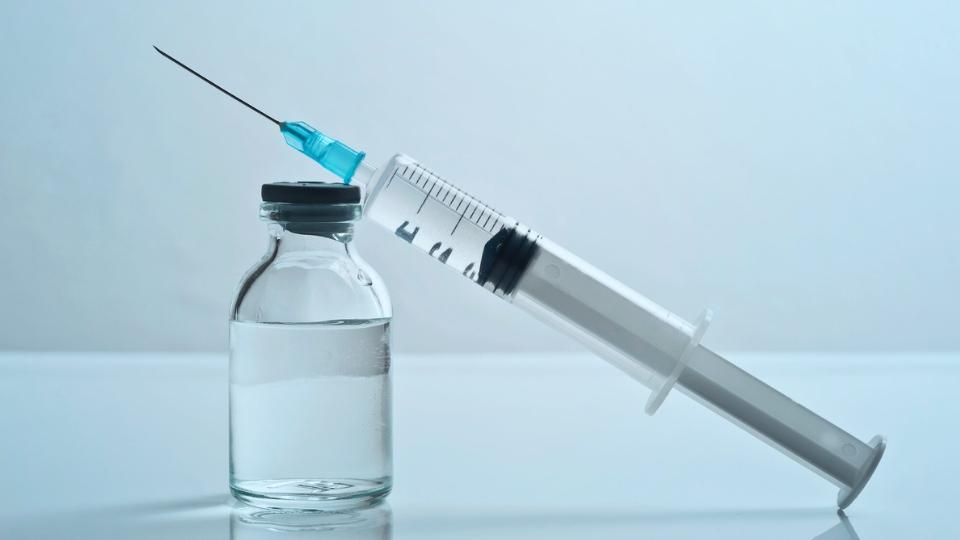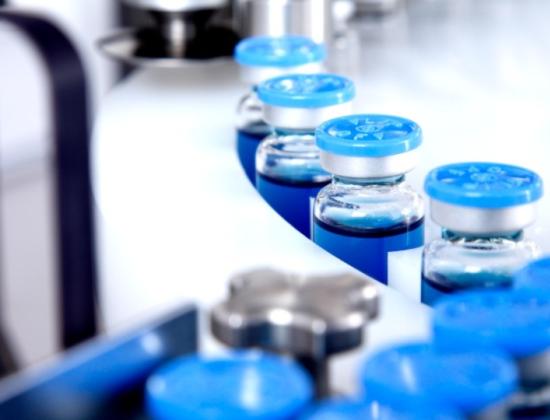This year marks a key milestone in what has been a long and complicated road to entry for biosimilars in the U.S. By the end of 2023, 11 biosimilars for Humira (adalimumab) — one of the most widely used medications — are expected to be available in the marketplace.
Many in the industry had been skeptical of biosimilars, given the myriad of barriers to entry they’ve faced. Manufacturers of biosimilar candidates have had to navigate legal barriers and patent nuances that can be interpreted and applied in ways to delay a robust biosimilar marketplace. If you combine these factors with the general complexity of the U.S. health care system, the slow uptake of biosimilars among patients and need for greater education is not surprising.
Express Scripts has long advocated for the approval and adoption of biosimilars because, much like generics, they can promote competition and drive long-term savings for clients and members living with inflammatory and other complex conditions. In fact, an Evernorth analysis estimates that biosimilar competition can save the U.S. $225 billion to $375 billion in pharmacy spend over the next decade.
Clinical effectiveness and creating competition are two elements that Express Scripts is focused on to support a robust biosimilars marketplace, especially when the current biologic is the top-selling pharmaceutical in the world. Understanding the dynamic, and the deeply personal shared decision-making that patients and their providers must undertake when starting a new medication, we are taking a thoughtful and comprehensive approach to assessing biosimilar options that considers several factors, including:
- Clinical efficacy and patient experience: As new biosimilars become available, we conduct individual clinical reviews to ensure formulary decisions are first guided by clinical efficacy. Additionally, we consider patient support needs and services — for example, injection trainings — as part of the overall experience.
- Medication formulations: New biosimilar products will come in a variety of concentrations, strengths, packaging, and device options. For example, Express Scripts estimates that the vast majority of patients (over 80%) prescribed Humira today use the high concentration of the product, which requires a smaller dose of the medication to be injected at a time. Several inflammatory biosimilars that recently came to market are low-concentration doses, which means they may be applicable to a smaller patient population.
- Supply chain: As biosimilars come to market, it will take time and specialized capabilities to manufacture these products at scale, and some manufacturers are more ready than others to meet the needs of large patient populations.
- Affordability and competitive net cost: Beyond clinical considerations, formulary preference is given to high-value therapies that help drive to lower net cost. Express Scripts continues to believe that marketplace competition is needed to drive down inflammatory medication prices long-term. Adding clinically effective biosimilars to our largest formularies is one way that we continue to encourage greater competition and drive down total costs for the inflammatory drug class.
This year’s wave of biosimilar launches marks a dynamic shift in the U.S. health care system. Biosimilar formulary placement is just a starting point to realize the potential for broader access and lower drug costs. At Express Scripts, we are committed to working with all stakeholders, including health plans, employers, pharmacies, and health care professionals — to create competition, support education and awareness, and recognize the promise of these medications.
To learn more about how Express Scripts is supporting biosimilar access, click here.



